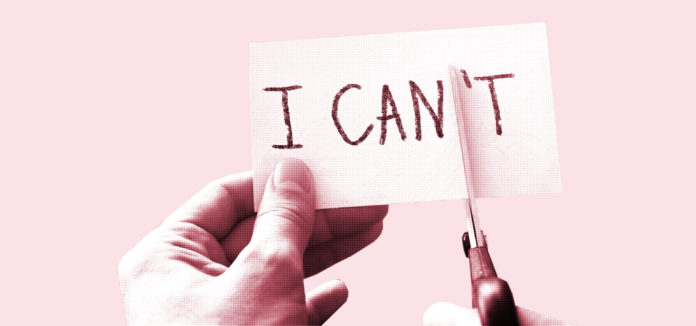Remember hearing about the New York City police officer who bought socks and shoes for a barefoot homeless man on a cold night? Unbeknownst to him, the random act of kindness was captured on camera and subsequently went viral. The good deed made headlines for days. Every time I saw or read anything about it, I was moved to tears. And more importantly, it made me want to be a better person.
Jonathan Haidt calls this ‘elevation,’ — the moving experience we feel when we bear witness to an act of courage, compassion or beauty. Haidt believes that elevation is related to awe, and it’s easy to see the similarities. During moments of elevation negative feelings are replaced with hope, love, optimism and moral inspiration. It can be, according to Haidt, a mental ‘reset’ button. Extraordinarily powerful elevation experiences can lead to long-lasting changes in the brain, personality changes and ultimately the experience of greater positivity as manifested as love, moral growth and commitment to pro-social causes.
Above all, elevation plays a role in strengthening the fabric of our relationships and bringing us closer to the ones we love.
Perhaps elevation is the mother of all positive emotion.
I wish you all the best,
Dr. Samantha Boardman







